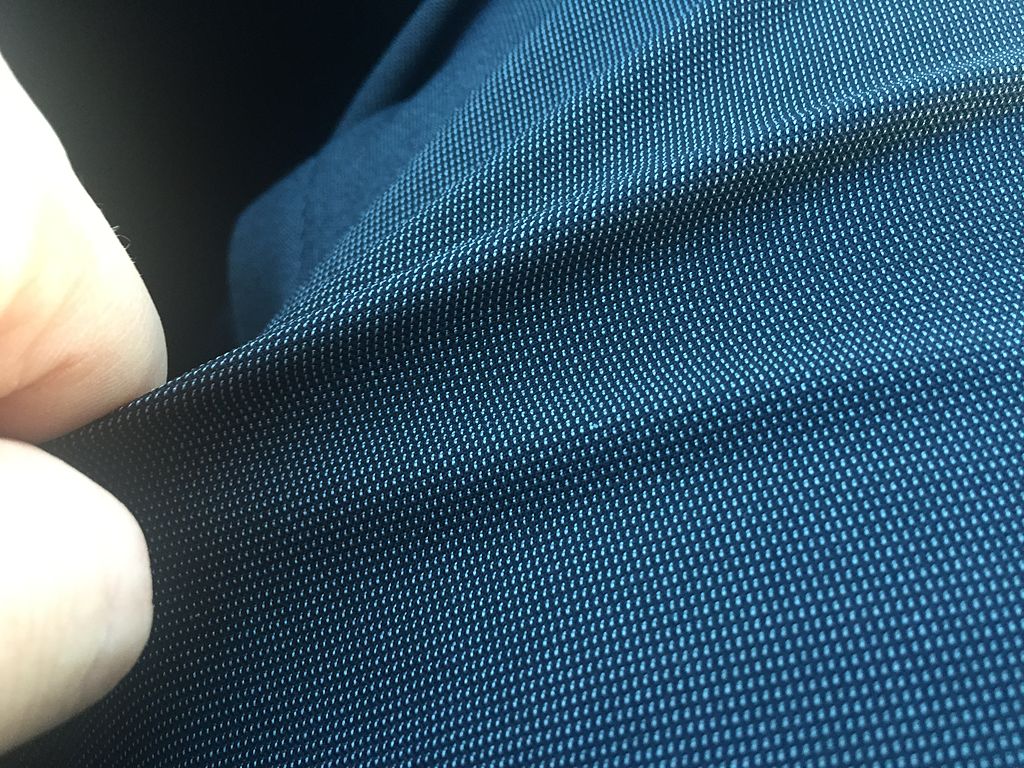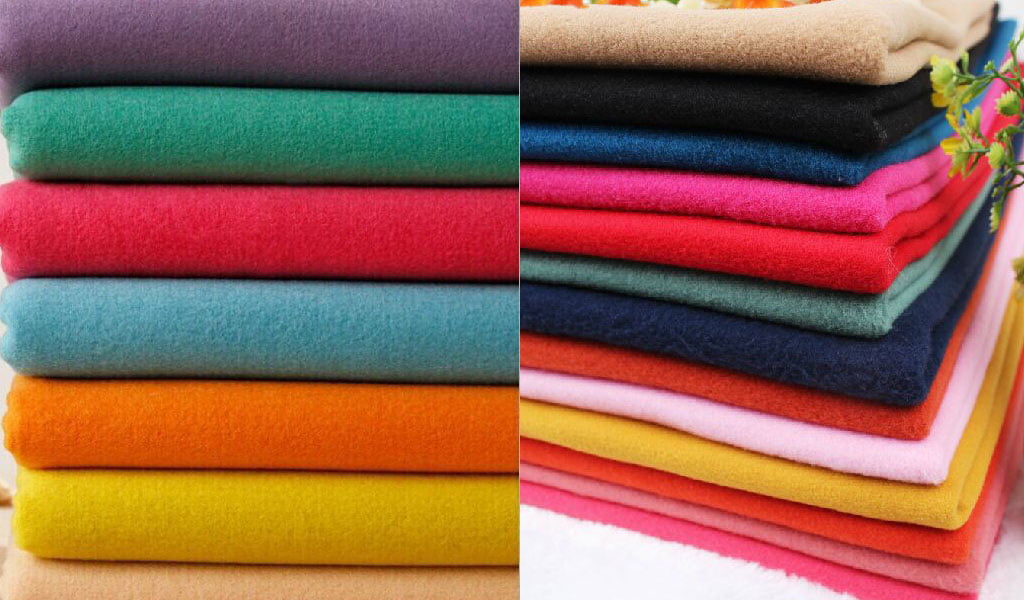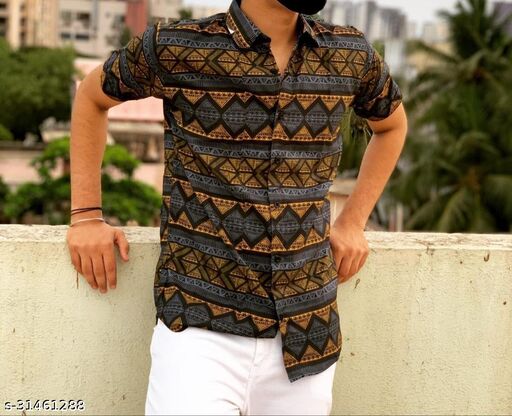When I was a kid, my dad used to wax our family car every weekend. He’d also take it upon himself to clean out the cracks in the paint before they turned into rust stains. Looking back, I’m glad he didn’t let those stains go unattended for too long because they would have led to more serious problems down the road. But what if you don’t know how to remove rust stains from your car? Or what if you tried using something else that didn’t work? There are several products on the market today that do an excellent job of removing rust without damaging your paint or drying out its protective coating (called clear coat).
In this post, we’ll walk through six steps for effectively removing rust stains from any car, no experience needed.
With a little patience, it’s possible to effectively remove rust stains from your car’s paint.
What Causes Rust Stains on Car Paint?
Rust stains are caused by moisture and oxygen. Over time, metal can become oxidized, which means it develops a thin layer of rust on its surface. The rust will be very fine if the metal is still exposed to air and moisture. If you see grayish-blue spots or stripes in your car’s paint, this could be corrosion from rust.
Rust stains can be caused by a variety of factors, including poor paint quality, poor cleaning techniques, and improper drying techniques. These problems can lead to discoloration that looks like rust but isn’t actually metal corrosion, it’s just discoloration from overspray or other contaminants stuck in your finish.
How to Remove Rust Stains from Your Car
Removing rust stains from your car is a multi-step process. First, you need to remove the rust with an abrasive product. Then, clean the area with soap and water to remove any remaining debris. Finally, apply wax to protect your paint finish and keep it looking great for years to come.
You can use a variety of products to remove rust:
- Abrasive cleaners (like Brasso) will help dissolve surface rust on aluminum and other metals; just make sure not to get these too close or it’ll damage the paint underneath!
- Oxalic acid is another good option for removing milder forms of surface corrosion; it’s non-toxic but can be corrosive if not handled carefully so wear gloves when using this method!
Step 1: Gather Your Materials
You’ll need a clean rag and some rubbing compound, which you can get at any hardware store. You’ll also need fine grit sandpaper and some wax for your paint job afterward. To make things easy on yourself, gather these materials ahead of time so that you don’t have to stop when you’re already committed to the process.
Step 2: Wash and Dry Your Car
You should wash and dry your car before applying any product to the paint. Why? For one thing, if you don’t clean the surface first, any rust remover won’t be able to penetrate deeply enough into the paint to remove everything. This can lead to a situation where all you’re doing is covering up rust stains instead of actually removing them.
Additionally, if there’s even a little bit of water still on your car after washing it and drying it thoroughly, this will prevent any rust stain remover from working effectively because moisture interferes with chemical reactions that cause discoloration (more on this in Step 3).
Step 3: Apply Rubbing Compound to the Rust Stain
The third step in removing rust stains from car paint is to apply rubbing compound with a clean cloth. Rubbing compound should be used sparingly, as it can distort the finish of your car’s paint if applied too heavily. In addition, rubbing compound should only be applied to the rust stain itself, not over any surrounding areas of paint.
To apply the rubbing compound properly, start by gently rubbing it into the surface of your car’s hood or trunk lid with a circular motion until all traces of rust are gone.
Step 4: Wipe Away the Rubbing Compound and Inspect the Stain
Now it’s time to wipe away the rubbing compound. Use a clean microfiber towel and once again, gently rub in a circular motion until you have wiped away all of the residues.
If you see rust stains on your towel, repeat steps 3 through 4 until you have removed them entirely. Once there’s no sign of rust or stain left behind, move on to step 5.
Step 5 (optional): Apply Auto Wax to the Area of Repair
- Apply a coat of wax to the area of repair. This will help protect the area from future rust stains.
- How often you should apply wax to your car’s paint depends on how much you want to spend, but you probably don’t need more than one application per year. If you’re feeling particularly generous, however, it may be worth applying two coats per season, one in spring and one in fall, to keep your car looking its best at all times.
Does Wd-40 Remove Rust?
WD-40 is great at removing rust, but it’s not a rust remover. It’s actually a water displacement lubricant that keeps moisture from coming into contact with metal parts and causing corrosion. WD-40 will not remove the rust from your car, nor will it prevent further rusting from occurring on new metal surfaces.
What Is the Best Rust Remover for Cars?
WD-40
WD-40 is a well-known product that removes rust. The WD stands for Water Displacement, which means the oil breaks down water and prevents it from spreading further. It’s also used to clean grease and grime off of cars, so if you have an older vehicle with heavy oxidation, this might be your best bet.
Turtle Wax Rust Remover
Another popular option on our list is Turtle Wax Rust Remover. It’s a spray that comes in handy when removing surface rust from your car or any other metal surface in your home; just spray it on and let it sit for 30 minutes before wiping it off with a damp cloth (make sure not to use too much water). We recommend using WD-40 first before applying this product.
What Is the Most Effective Rust Remover?
WD-40
WD-40 is a popular rust remover that has been around since 1958. It’s easy to use and inexpensive, making it an excellent choice for removing rust stains from your car or truck. However, WD-40 is not designed specifically for automotive use; it should not be used on your car’s exterior paint job because it can damage the finish.
Brake Cleaner
What Instantly Removes Rust?
If you’re looking for an instant rust remover, try WD-40. It’s cheap, widely available, and works like a charm on rust. Just spray it onto the rusty area and wipe it off with a rag afterward. If there’s any residue left over, just rinse with water before drying with another cloth.
Another option is vinegar or lemon juice, just make sure you dilute it first so that it doesn’t damage the paint when spraying or wiping down after using! Vinegar can also be used in baking powder to create an abrasive paste that will remove rust without scratching your car’s finish too much; simply mix together equal parts baking soda and white vinegar until they form a thick paste and apply directly onto rusted spots (you’ll need gloves for this).
Oxalic acid can also be found at hardware stores; it has many uses including removing rust from metal surfaces such as cars but should only be used by professionals due to toxicity concerns so please exercise caution if attempting this method yourself.
You may want to try lighter fluid as well – this product isn’t quite as effective at removing rust per se but does work well enough when combined with other chemicals such as sandpaper instead.”
Does Coca-Cola Remove Rust from Cars?
Yes, Coca-Cola will remove rust from your car’s surface. However, it is not nearly as effective as other products available to you in your garage or local hardware store.
Coca-Cola works by breaking down iron oxide into water and iron hydroxide (rust), which will wash away with a little soap and water. It can be less effective than other options because the sugar in Coke makes it sticky and difficult to remove from the surface of your vehicle. The sugar also attracts dirt, making it harder for you to get rid of all that pesky rust without scrubbing first.
How Do You Remove Rust from a Car Without Sanding?
There are many different ways to remove rust from a car. You can use a wire brush, an orbital sander or even an electric grinder; however, the best method for removing rust is to use a wire brush combined with sandpaper.
This method is quick and easy, but it will not work on every type of vehicle because some metals cannot be brushed off easily without damaging the surface of your car. Steel, aluminum, and other non-powdery materials are ideal candidates for this technique because they don’t require extra tools like sandpaper when doing repairs on these types of cars.
Why Does Aluminum Foil Remove Rust?
You can use aluminum foil to remove rust from your car. Aluminum foil is a better conductor of electricity than rust, so when you connect an electrical source to both pieces of metal, the electricity will cause the rust to dissolve away.
This method works best if you have just a small spot of rust and not much time, otherwise, it might take quite a while for all the water inside your car’s metal structure to get heated up enough by the battery’s current flow!
Is Coke or Vinegar Better for Removing Rust?
For the most part, vinegar is not as corrosive as Coke, but it is harder to find and more expensive than Coke. It also doesn’t work quite as well on large-scale rust removal jobs like removing a fence or a car body.
Vinegar also doesn’t dissolve rust nearly as effectively as Coke does. The citric acid in Coke dissolves rust faster than vinegar and will give you better results because of this fact alone.
Does Baking Soda Remove Rust?
Baking soda is not strong enough to remove rust from your car. If you use baking soda, it might remove some of the rust, but it will not get everything off your car. You should use a product like WD-40® that was specifically made for removing rust stains.
What Household Products Will Remove Rust?
- WD-40
- Vacuum cleaner
- Salt
- Sugar
- Vinegar
- Rubbing Alcoho
- Car Detergent
What Eats Rust Fast?
WD-40 is a popular lubricant and cleaner that can help remove rust from cars, but it can also damage the paint. WD-40 isn’t formulated to be used as an effective rust remover for vehicles. If you’re looking for a product that will do the job, consider using something like the 3M 080873 Rust Remover Spray or POR-15 RUSTPROOFING Spray.
How Do You Remove Rust Without Scrubbing?
If you’re looking for a good way to remove rust without scrubbing, a wire wheel is your best bet.
Wire wheels are abrasive and made of metal bristles that spin freely as the wheel is turned by your drill (or motor). They come in different sizes and shapes, but they all have one thing in common: they’re able to break down rust quickly and easily. This makes them perfect for getting rid of those stubborn spots on your car with minimal effort required on your part.
What Removes Car Rust?
There are many household products that can remove rust from cars. WD-40 is not one of them. It will do nothing to help you get rid of rust on your car’s paint job. In fact, many people believe that WD-40 can actually damage a car’s paint job when used incorrectly or in excess amounts.
Here are some better options for removing rust:
Coca-Cola – This sugary drink contains phosphoric acid which helps loosen up the oxidation on steel surfaces (such as cars). The key here is to get an old toothbrush and scrub down those affected areas with Coca-Cola until it has all been removed from sight.
Vinegar – A mixture of equal parts vinegar and water will also work well at removing corrosion from your vehicle’s bodywork without damaging its existing finish when applied gently with a soft cloth or sponge using circular motions until clean again after soaking up any residue left behind using warm soapy water afterward too if necessary before drying thoroughly afterward with yet another clean cloth or paper towel
Will Rust Remover Damage Paint?
There are many different types of rust removers, but some will damage the paint on your car. Whether or not a particular brand or type will damage your paint depends upon what kind of rust you’re trying to remove, what chemicals are in that particular product, and whether it contains abrasives.
Rust removers with sandpaper-like POR-15 and Eastwood KBS are abrasive and can scratch the base metal as well as the clear coat if you’re not careful with them. You should always be careful when using any kind of abrasive on painted surfaces; even very light abrasion can cause fine scratches in the acrylic or polyurethane layer that bonds over top of the base metal (you may not notice this at first glance).
How Do I Remove Iron Stains from My Car?
A rust remover is ideal for removing iron stains from your car. You can find these at any local hardware store or auto parts store and they should cost around $5 or less.
Use a wire brush to scrub off the rust stain with the help of the rust remover, then wash it down with soap and water once you’re done.
How Do You Get Rust Off a White Car?
If you have a white car with rust spots on it, there are a few different ways you can remove the rust. One way is to use a wire brush, which will take some elbow grease but is effective for removing surface rust. You’ll need to use a wire brush on any soft paint finish because it could scratch through the paint and make it more difficult to restore later. If you have hard paint that’s not being damaged by using heavy pressure on your wire brush, this method could work well for you as well.
If your vehicle has more severe corrosion than just surface rust in certain areas, you may want to consider using an acid-based product called “rust converter,” which chemically reacts with metal surfaces in order to create its own protective layer over them. Rust converters won’t affect painted areas if used properly—they’re designed specifically for metal surfaces only, but they can be tricky at times since they need time before any type of topcoat or sealant application (usually 24 hours).
Does Wd-40 Damage Paint?
WD-40 is a good cleaner, but it is not a good rust remover. It’s not strong or powerful enough to remove rust from cars and other vehicles.
WD-40 belongs in the garage, not on your car.
What Causes Rust Spots on White Cars?
When you’re looking for the answer to “what causes rust spots on white cars,” it’s important to make sure that you understand what makes up the car’s paint job. The paint job is made up of several layers: primer, base coat and clear coat. Each layer protects its respective layer underneath it from damage and rust. The key thing here is that even though you may not see any damage to a vehicle’s paint job, there could be certain chemicals or other factors that cause rust spots anyway.
Conclusion
We hope that we have helped you to see the light at the end of this (sometimes long) tunnel. If you have tried some of our methods and they didn’t work, there are plenty more out there. Some people have had success with using steel wool or an SOS pad, while others swear by Mother’s Mag & Aluminum Polish, you may just have to try them all until you find one that works for you.




